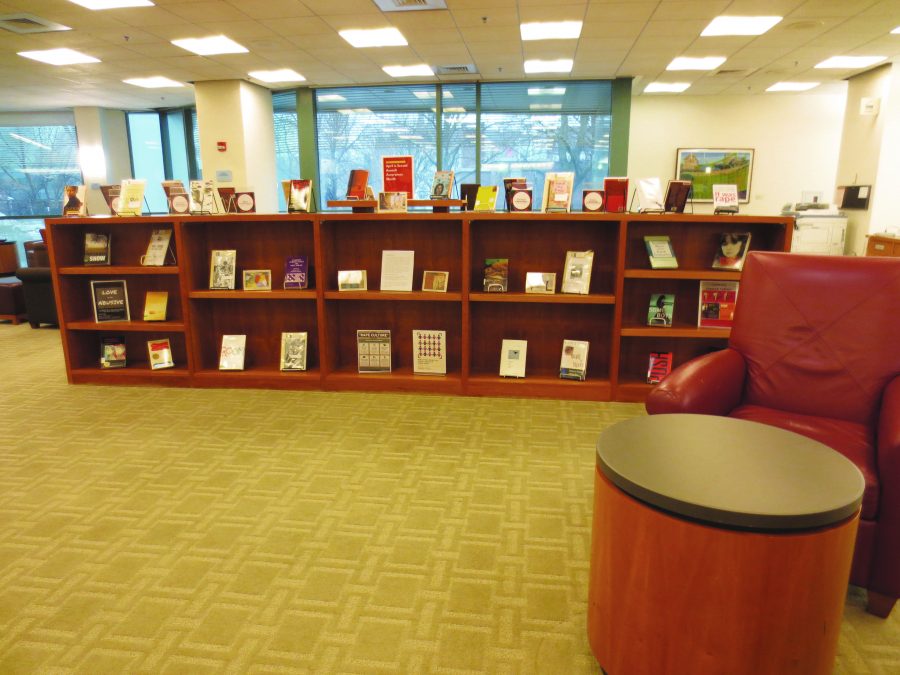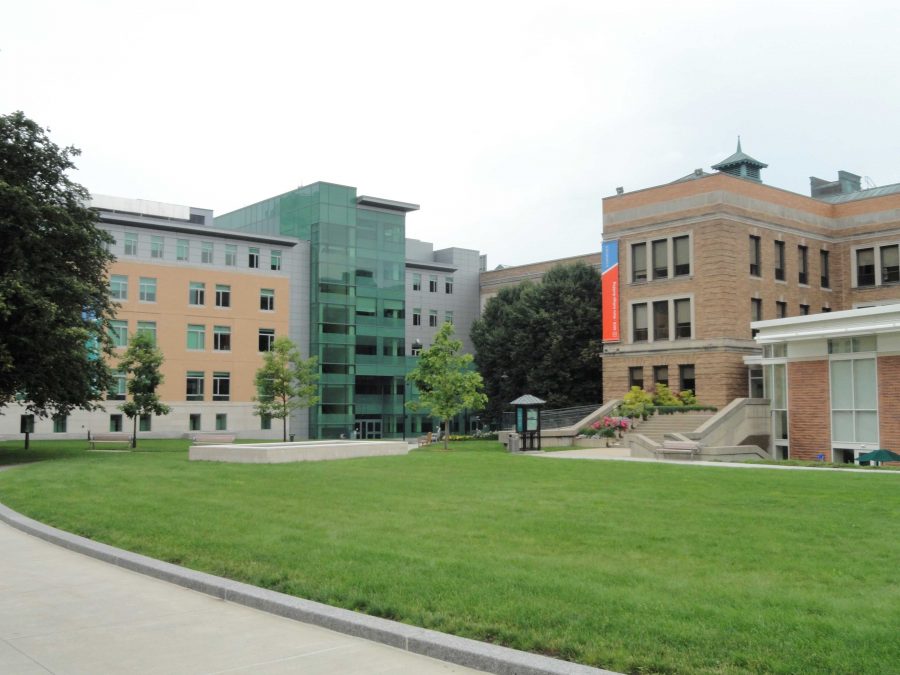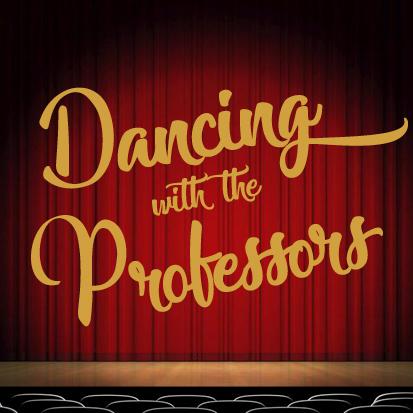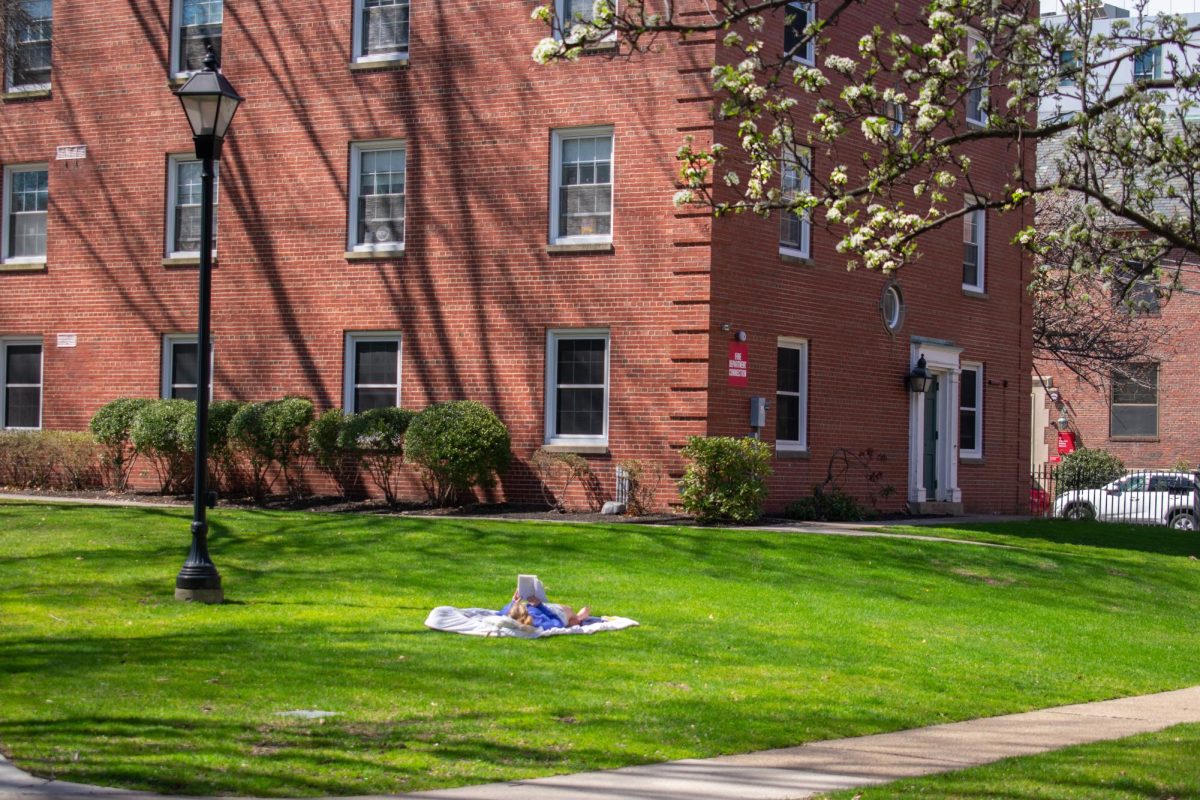By Jennifer Ives
Staff writer
Ah, the Simmons Dorms…Nothing quite like them to bring up a mix of mild nostalgia and relief in those who no longer live on campus.
Nostalgia for the quick access to friends and lack of worry about paying for food or utilities, and relief at no longer having to play norovirus roulette at Bartol.

For students who live off campus, the most common neighborhoods are Park Drive’s tiny expensive apartments; Allston’s tiny, remotely-located, expensive apartments; and Mission Hill’s slightly less tiny, slightly cheaper, falling- apart apartments.
However, rising rent prices and a burgeoning student population in Boston over the last few years has been pushing students more and more often into neighborhoods like Roxbury and Dorchester in search of affordable housing.
West Roxbury in particular is experiencing massive gentrification efforts right now, with two luxury condominium complexes built there in the last several years and at least three more currently in construction along the seam of Mission Hill and Roxbury. And that’s just on the 15-minute walk from Roxbury Crossing to Stop & Shop.
When I moved off campus last year, most of what was on my mind was a mix of finances and quality of life. I was tired of finding strangers hair in the showers, tired of food that constantly made me sick, and neighbors that came home drunk and rowdy at 2 a.m. Thursday through Sunday.
Additionally with the help of a close friend and recent Simmons Alumnae, I was able to figure out how to save a significant amount of money and have a place to live year-round, instead of bouncing from dorms to couches to my parents house.
The desirability of having a home to go home to was incredibly valuable to me. My partner and I saved the huge amount of money needed (first, last, security, and realtor’s fee, the equivalent of four months rent up front) and found two friends that were also looking to move off campus.
We ended up finding and renting a huge three-bedroom apartment just twenty minutes from Simmons, for less then we would have paid to live in one of the shoeboxes over on Park Drive.
However when we moved in, I realized that our rowhouse is the only one on the block with college students in it.
Intentional or not, we moved right up to the front edge of Roxbury’s rapid gentrification.
Many of the articles covering Boston’s gentrification that I have read recently cite residents blaming students for their willingness to live in poorer conditions and pay more per resident than families. Many apartments pack four or five rent-paying students into spaces once meant for just one small family.
However, I think that while students do inevitably contribute to gentrification, particularly individuals like myself who grew up in majority white middle-class neighborhoods, it is unfair to entirely place blame on them.
Developers and landlords willing to take advantage of the inexperience and desperation of students in order to increase profit at the expense of affordable housing is what is at the heart of the issue here.
The lack of adequate rent control legislation, subsidized housing, and rampant building permits for high rise condominiums and luxury apartment buildings are all economically driven factors that are deeply affecting the encroaching housing crisis.
Students should be aware of what gentrification is, what neighborhoods it is transforming, and the effect of their presence when looking for off-campus housing. But further than that, accepting that as students we have limited resources, limited options, and legitimate quality of life issues that affect our search for housing.
My opinion is that we should all be aware of and advocate for safe affordable housing for all, while also accepting the economic realities of our own limitations.
I live where I live because it was the best compromise I could find between what I could afford and the quality of life I value.
When I can afford a better place I intend to move as quickly as possible, but for now I live on the uneasy knife edge of the tight-knit, slowly eroding community that is West Roxbury, and the bustling heart of student party life that is Mission Hill.




















HL • Mar 30, 2017 at 9:16 pm
West Roxbury and Roxbury are NOT the same neighborhoods of Boston – they aren’t even next to each other, and they are very, very different parts of the city. This doesn’t invalidate your points about gentrification (I really appreciate the nuance of not just blaming students), but I am disappointed that these very obvious mistakes were not caught before publication.